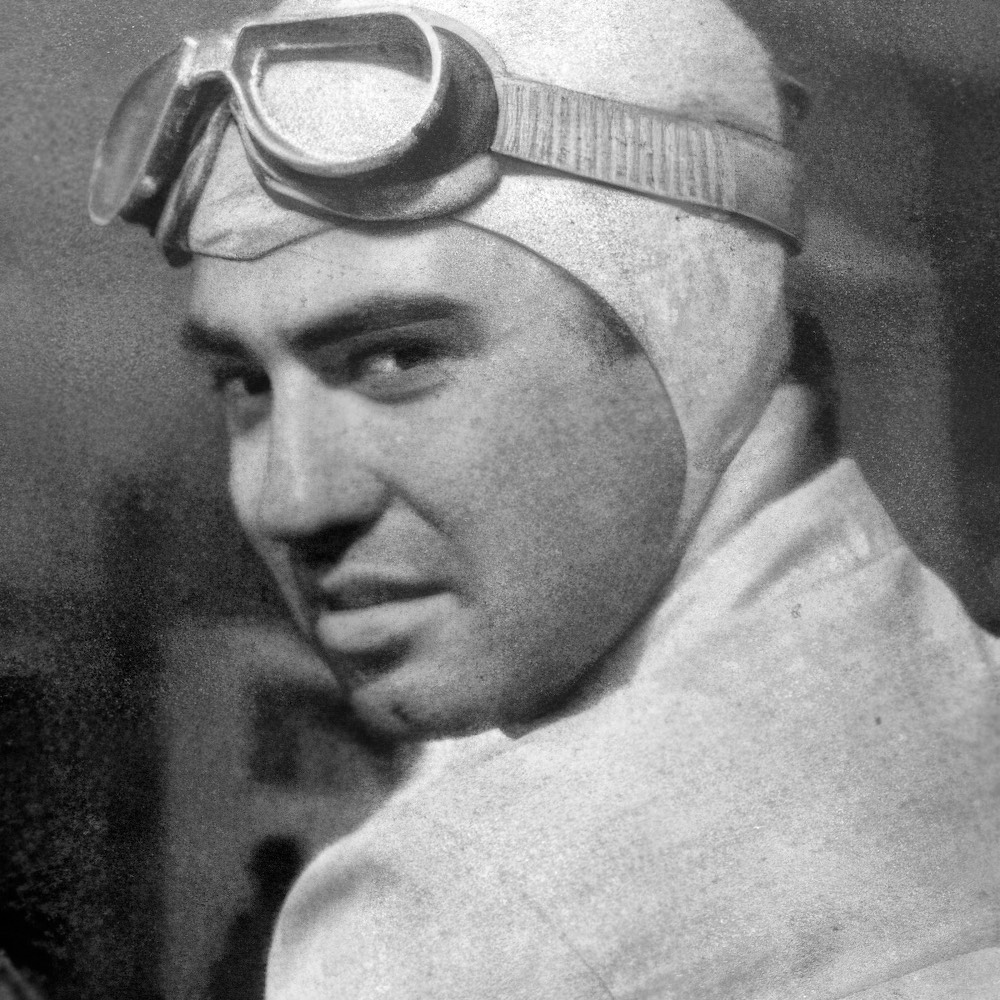
Onofre Marimón
Career Statistics
Biography
Onofre Marimón (December 19, 1923 - July 31, 1954): Born Onofre Agustín Marimón in Zárate, Argentina, this talented racing driver became one of the most promising figures in early Formula One before his career was tragically cut short. Marimón's path to European racing was paved through a unique family connection - his father had been a teammate of Juan Manuel Fangio racing for Chevrolet in Argentina, and the two became close friends. This relationship proved pivotal when the younger Marimón made the bold move to Europe to pursue his racing ambitions. Fangio took the young Argentine under his wing, becoming his mentor and guide through the complex world of European motorsport.
Easy-going and well-liked in the paddock, Marimón quickly earned the respect of his fellow Argentine drivers and the broader racing community. He established himself as a rising star in Formula One, competing primarily for the Maserati works team. During his career from 1951 through 1954, Marimón participated in 12 World Championship Grands Prix, starting 11 races and achieving two impressive podium finishes that validated Fangio's faith in his protégé. He also recorded one fastest lap, demonstrating the raw speed that marked him as a future championship contender.
Heading into the 1954 season, expectations were high for the young Argentine. Tragically, during practice for the 1954 German Grand Prix at the fearsome Nürburgring on July 31, 1954, Marimón lost control of his Maserati 250F at the Breidscheid curve near the Adenauer Bridge while attempting to improve his qualifying time. His car left the circuit and rolled over, and Marimón became the first driver to be fatally injured at a World Championship Grand Prix weekend outside of the Indianapolis 500. A distraught Fangio rushed to the scene and examined the wreckage, finding the car stuck in fourth gear although he estimated the corner required third gear.
Fangio and José Froilán González seriously considered withdrawing from the race but ultimately decided to compete, with Fangio winning though the victory was overshadowed by the loss of his young protégé. Marimón was just 30 years old, his enormous potential never fully realized.